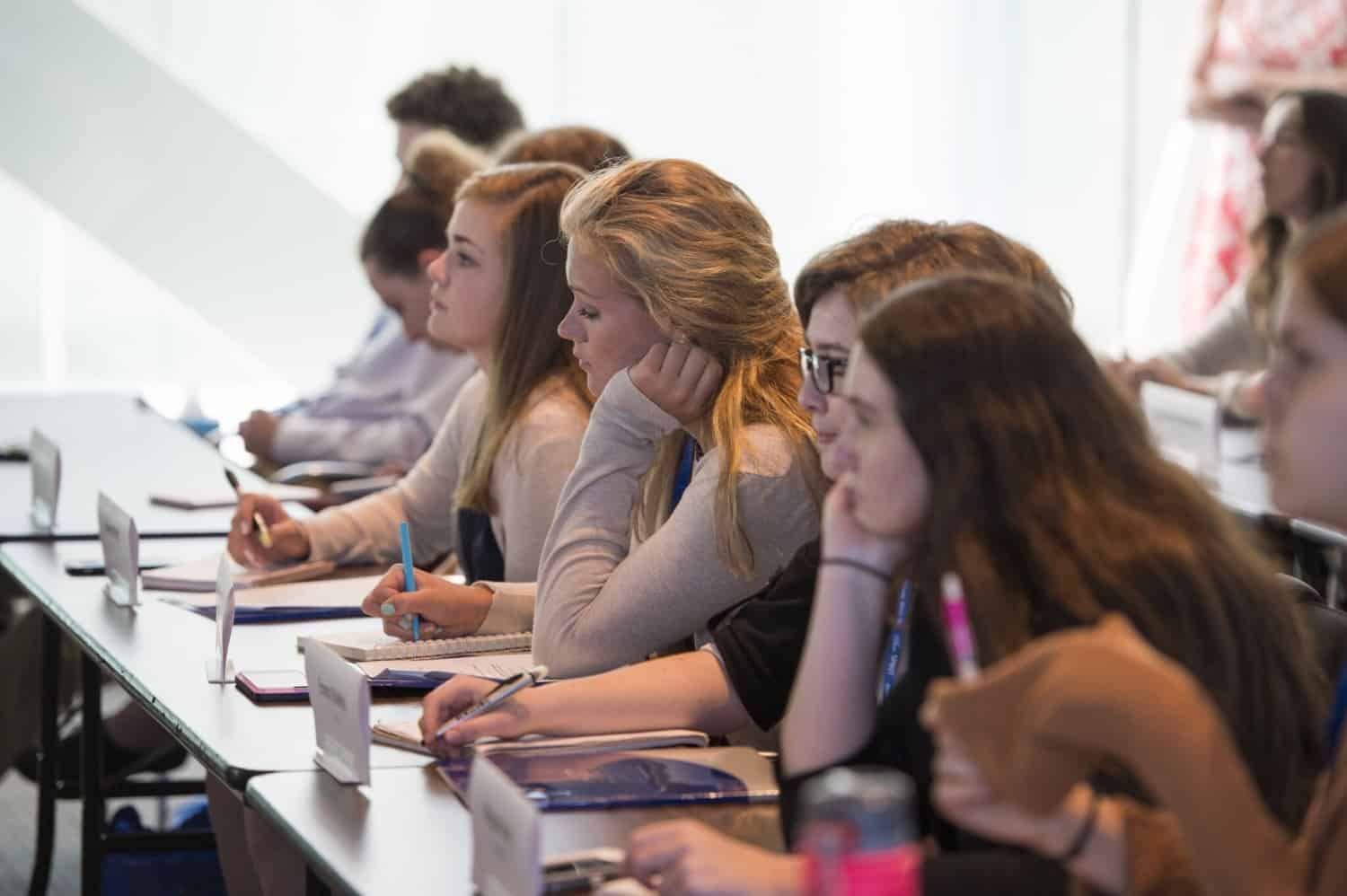As a senior in high school, I have become quite sentimental. My semester has been filled with many lasts, and I can’t help but reflect upon my experiences over the last four years. I chose to spend a large amount of time while at Chapel Hill High School working on the school’s yearbook staff. The term “high school journalist” used to sound like an oxymoron to me. Journalists are responsible for keeping the powerful in check, speaking out for those that can’t, and getting information to the public — in short, they have an incredibly important job. How could someone that still has so much to learn possibly take on the responsibility of informing their classmates?
My first day of high school journalism was terrifying. I was the youngest person in the room by at least a year, and everyone around me knew how the system worked. They understood the software, how to interview, and which teachers were more lenient about having to miss class to finish a deadline. I wrote pieces about sports that I had never played before and classes that I didn’t know were offered at our school. I felt pure joy on my first publication day. I realized in that moment that I wanted nothing more than to do this every day. I was becoming a high school journalist, but it would take me a little longer to discover what that title truly entailed.
Last June I had the opportunity to serve as the North Carolina representative at the Al Neuharth Free Spirit and Journalism Conference, a week-long program in the nation’s capital for rising seniors filled with seminars, field trips, exploration, and lots of coffee. I got to see a taping of Meet the Press, get a picture with Chuck Todd, learn about the importance of Snapchat and the future of virtual reality in the newsroom, meet movers and shakers from major papers and broadcast companies, and ask Mike McCurry about his experience as Bill Clinton’s Press Secretary.
While I took in more about the First Amendment and ethics from more prominent journalists than I ever thought possible, I learned the most from my 50 fellow “Free Spirits.” In a time in which the media is often questioned, they recognized how vital it is to make sure that the practice of journalism is continued with the same fervor of previous generations, if not more. Every single representative wanted to learn as much as possible in order to go home and make their respective publications better than they already were. Even more than that, they were there to make sure that the rights of the free press will continue to be respected and protected. Their questions, drive, and passion made me realize that the role of the high school journalist is as important as that of a professional journalist.
We are the voices of our peers.
We help them celebrate their accomplishments and we highlight problems in our community.
We are the future of journalism.
High school journalism has taught me the ins and outs of Photoshop and InDesign, how to make appealing layouts, and how to interview people decades older than myself. It has taught me the importance of finishing spreads on time, that sometimes a picture can speak as much as an entire article, and that, while asking tough questions can be difficult, it is what helps us to tell the whole truth. I am proud of my time as a high school journalist. I have no doubt that the kids that I met at the Free Spirit and Journalism Conference will one day be on national broadcasts and editing major papers around the globe, and this is all because of what our time on school yearbook and newspaper staffs offered to us.
So, thank you, high school journalism, for giving us the space to learn and try, succeed and fail. Thank you for showing us what working in the “real world” means. And, most of all, thank you for teaching us that we have the ability to do anything, regardless of our age. You have truly changed the lives of your students for the better.



